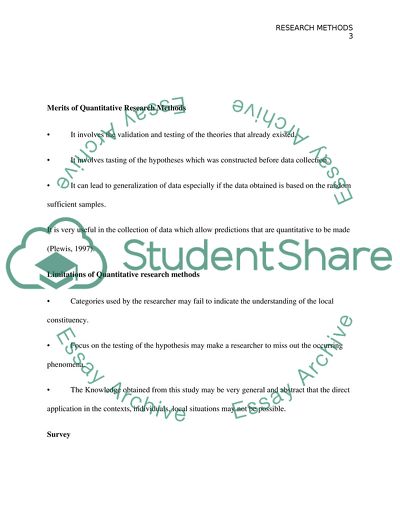Cite this document
(Research Methods in Maritime Policy - Merits and Demerits Case Study Example | Topics and Well Written Essays - 2500 words, n.d.)
Research Methods in Maritime Policy - Merits and Demerits Case Study Example | Topics and Well Written Essays - 2500 words. https://studentshare.org/sociology/1788275-research-methods-in-maritime-policy-portfolio
Research Methods in Maritime Policy - Merits and Demerits Case Study Example | Topics and Well Written Essays - 2500 words. https://studentshare.org/sociology/1788275-research-methods-in-maritime-policy-portfolio
(Research Methods in Maritime Policy - Merits and Demerits Case Study Example | Topics and Well Written Essays - 2500 Words)
Research Methods in Maritime Policy - Merits and Demerits Case Study Example | Topics and Well Written Essays - 2500 Words. https://studentshare.org/sociology/1788275-research-methods-in-maritime-policy-portfolio.
Research Methods in Maritime Policy - Merits and Demerits Case Study Example | Topics and Well Written Essays - 2500 Words. https://studentshare.org/sociology/1788275-research-methods-in-maritime-policy-portfolio.
“Research Methods in Maritime Policy - Merits and Demerits Case Study Example | Topics and Well Written Essays - 2500 Words”. https://studentshare.org/sociology/1788275-research-methods-in-maritime-policy-portfolio.


